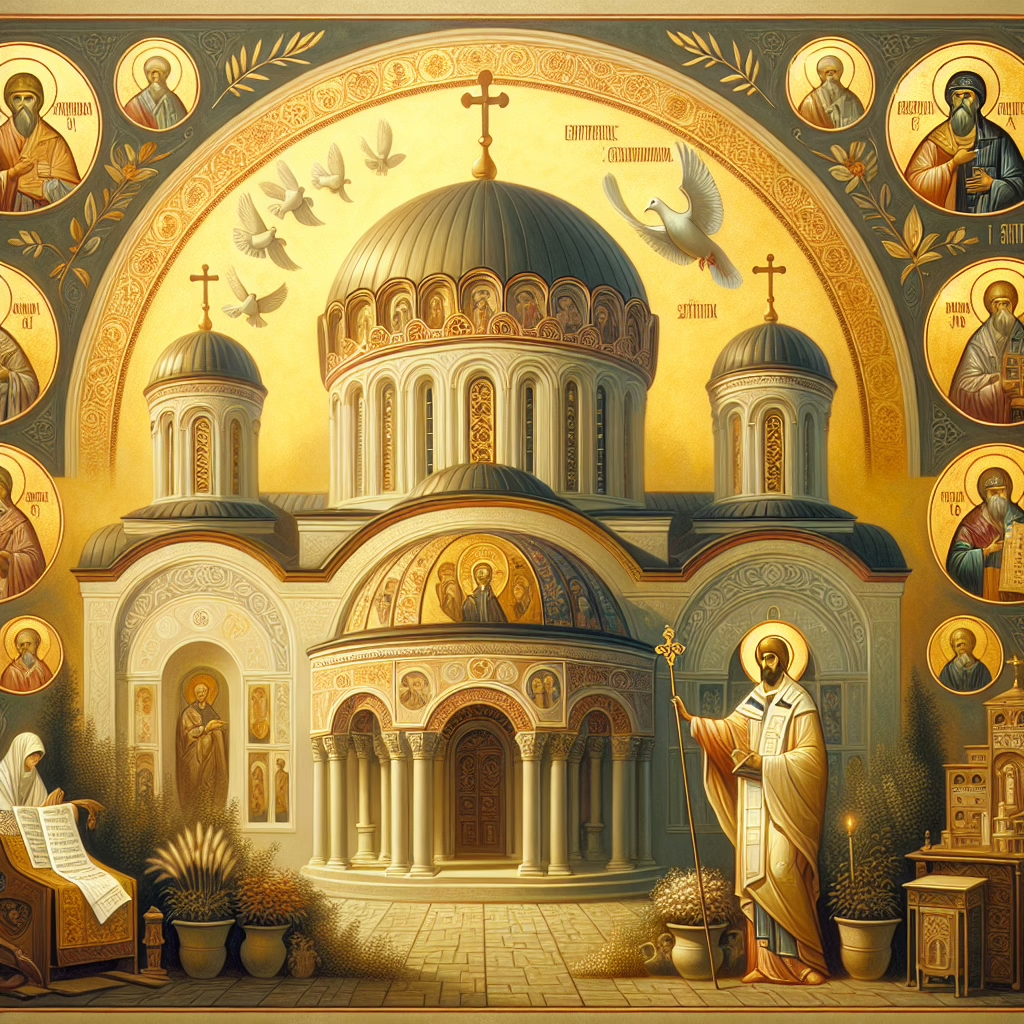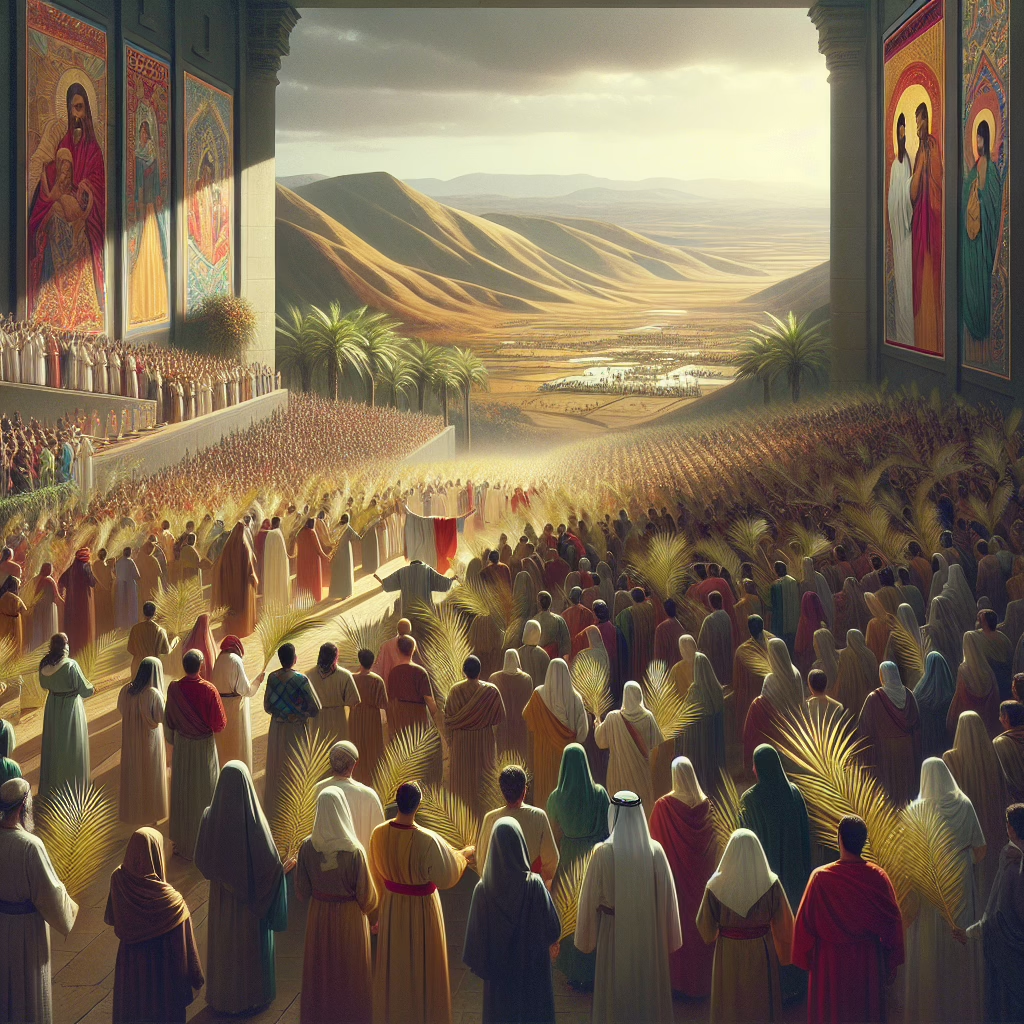St. Toribio Alfonso de Mogrovejo: The Champion of Justice and Evangelization
Introduction: Exploring the Life of St. Toribio Alfonso de Mogrovejo
"His heart beat not for the earthly trappings of his position but for the spiritual welfare of the souls entrusted to his care." This encapsulates the essence of St. Toribio Alfonso de Mogrovejo, who served as the Archbishop of Lima with unwavering dedication to justice and evangelization. Renowned in the Catholic Church for his missionary zeal, St. Toribio dedicated his life to the service of God by advocating for indigenous rights and spearheading evangelization efforts. Let us delve into the fascinating aspects of his life: his early background, significant missionary work, advocacy for justice, miracles, and lasting legacy.
1. Early Life and Education
1.1 Birth and Upbringing
St. Toribio Alfonso de Mogrovejo was born on November 16, 1538, in Mayorga, Spain, into a family steeped in faith and leadership. His early years were shaped by a deep-rooted Catholic upbringing that instilled in him the values of compassion and justice. This formative period played a crucial role in his spiritual and moral development, setting the stage for his future endeavors in serving the Church.
1.2 Academic Pursuits at the University of Salamanca
Toribio's academic journey led him to the illustrious University of Salamanca, where he pursued studies in humanities and law. This education equipped him with a profound understanding of justice and morality that later influenced his ecclesiastical work.
1.3 The Path to the Church
Although his career initially veered towards academia and law, divine providence redirected Toribio's path. Appointed by King Philip II as Grand Inquisitor, he carried the weight of moral responsibility that deepened his understanding of justice. The transition from academia to ecclesiastical life marked the beginning of his transformational journey in the Church.
2. Missionary Work and Pastoral Leadership
2.1 Appointment as Archbishop of Lima
In 1579, King Philip II appointed Toribio as Archbishop of Lima, a decision confirmed by the Pope. This role was not merely administrative but a calling to evangelize a vast and challenging diocese that spanned rugged terrains and remote communities.
2.2 Extensive Pastoral Journeys
St. Toribio embarked on extensive pastoral journeys across Peru, often traveling on foot to reach the faithful in remote areas. His efforts were monumental, leading to the construction of roads, churches, schools, and hospitals, along with establishing the first seminary in the Western Hemisphere.
2.3 Advocate for Evangelization
A key figure in the Catholic tradition, St. Toribio baptized and catechized nearly half a million people. His relentless commitment to evangelization not only spread the Gospel but also transformed the spiritual landscape of Peru.
3. Advocacy for Indigenous Rights
3.1 St. Toribio as a Defender of Justice
St. Toribio's advocacy against the exploitation of indigenous populations stands as a testament to his role as a defender of justice. His deep commitment to ethics and morality drove him to challenge the status quo and protect the vulnerable.
3.2 Cultural Sensitivity and Understanding
His remarkable ability to learn local dialects illustrated his dedication to serving all communities. This cultural sensitivity was pivotal in his evangelization efforts, bridging gaps between faith and social justice.
3.3 Resistance and Challenges Faced
Despite facing significant opposition within Spanish colonial frameworks, St. Toribio's perseverance in advocating for justice exemplifies his unyielding faith.
4. Miracles and Canonization
4.1 Documented Miracles Attributed to St. Toribio
Among the miracles attributed to St. Toribio are accounts of healings and even resurrection, emphasizing the divine intervention manifest through his life. These miracles hold tremendous significance in the Church.
4.2 Beatification and Canonization Process
The sanctity of his life was recognized through his beatification by Pope Innocent XI in 1679 and canonization by Pope Benedict XIII in 1726. His canonization reaffirmed the Church's acknowledgment of his piety and virtue.
4.3 Legacy of Faith and Devotion
His exemplary life inspired future saints like Rose of Lima and Martin de Porres, embedding a legacy of holiness and reform within the Church.
5. Lessons and Teachings from St. Toribio’s Life
5.1 Model of Evangelization and Missionary Work
St. Toribio’s life offers enduring lessons for modern missionaries with his dedication to spreading the Gospel through love and justice.
5.2 Commitment to Social Justice
Standing up for the marginalized underscores his life's work. Faith intertwined with advocacy for justice remains a cornerstone of Catholic teaching.
5.3 Importance of Education and Clergy Reformation
His establishment of educational programs and clergy reforms was crucial for the Church's growth and foundation in the Americas.
Conclusion: The Enduring Legacy of St. Toribio Alfonso de Mogrovejo
St. Toribio Alfonso de Mogrovejo’s life, highlighted by early academic excellence, relentless pastoral work, and a profound commitment to justice and evangelization, remains a beacon for the faithful. His enduring legacy challenges us to pursue justice and compassion in our communities. Embrace the spirit of St. Toribio in both prayer and action as you advocate for justice and engage in evangelization today.
St. Toribio, pray for us!





